The attack also claimed the lives of several senior
commanders, including Ali Karki, the commander
of Hezbollah’s southern front
News Desk
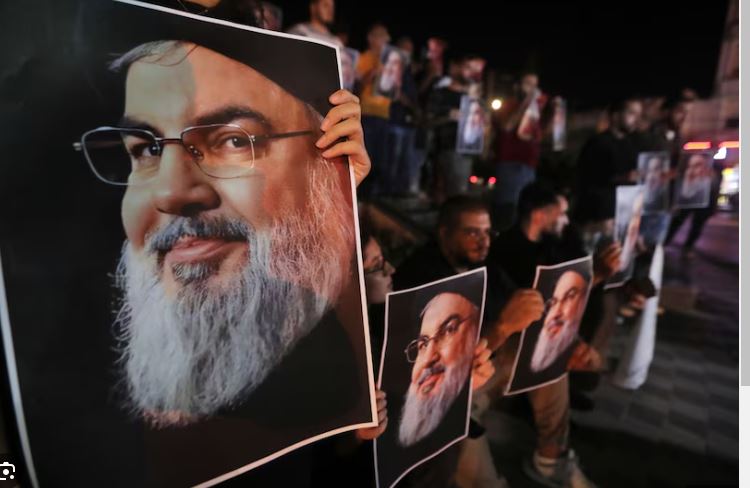
Beirut: Israeli airstrikes killed Hassan Nasrallah, Hezbollah’s leader for over 32 years, in southern Beirut late Friday. The strikes targeted Hezbollah’s headquarters in the Dahiyeh district, killing Nasrallah and senior commanders, including Ali Karki.
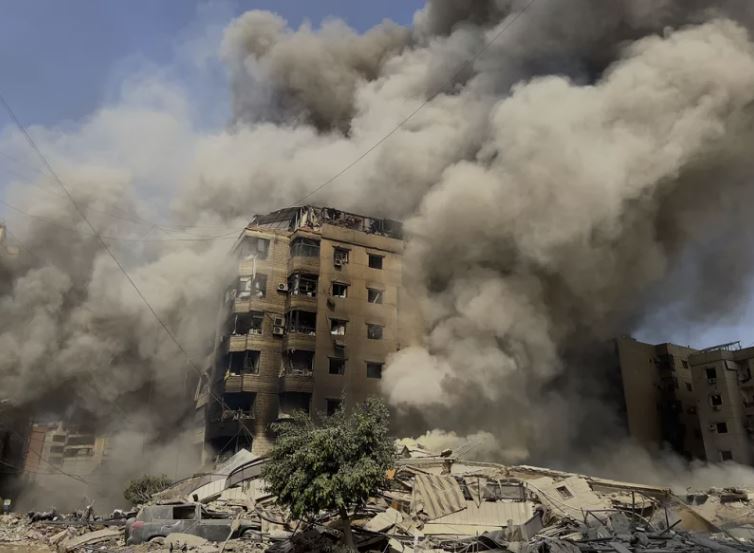
The Airstrike and Its Aftermath
Israel launched air raids on the Haret Hreik neighborhood, a Hezbollah stronghold. The military used “bunker-buster” bombs designed to penetrate heavily fortified areas. Israeli officials stated that the operation followed weeks of intelligence gathering. This strike follows others, including the recent killings of Ibrahim Aqil in Beirut and Hamas’s Ismail Haniyeh in Iran.
Lebanese authorities confirmed 11 deaths and over 100 injuries. The bombs destroyed multiple residential buildings, forcing thousands to flee. Hezbollah acknowledged Nasrallah’s death on Saturday and vowed retaliation.
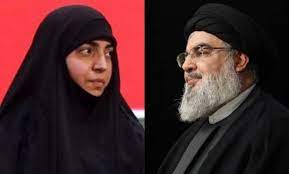
Israeli and International Reactions
Israel celebrated the operation as a major victory. Prime Minister Benjamin Netanyahu declared at the UN General Assembly, “We are winning.” Israeli officials called Nasrallah’s death a significant strategic success.
President Joe Biden supported the strike, describing Nasrallah’s death as “justice” for Americans Hezbollah had targeted in past operations. The U.S. also reaffirmed military support for Israel.
Security experts warned that Hezbollah’s leadership vacuum could escalate tensions. Ali Rizk, a security analyst, said, “Israel will try to capitalize on this moment, but Hezbollah won’t back down. They will exercise strategic patience.”
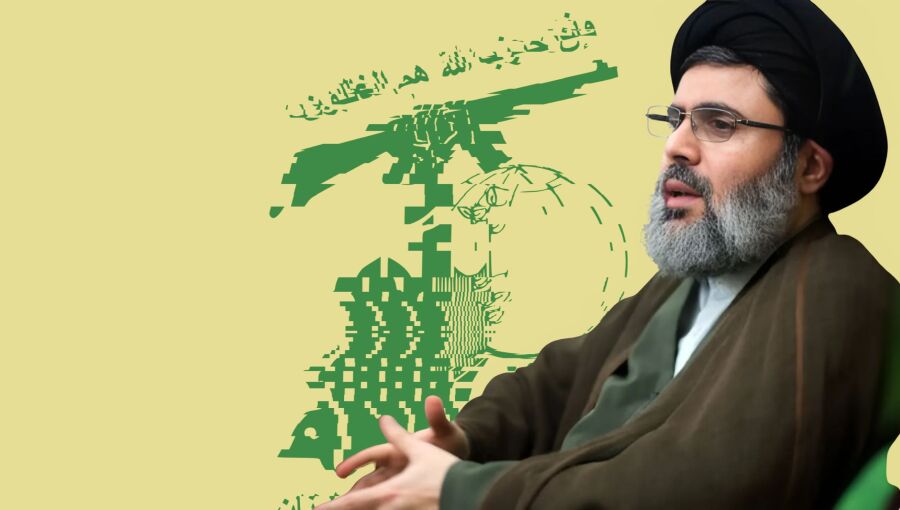
Hezbollah’s Leadership Future
Nasrallah’s death triggered a leadership crisis for Hezbollah. The group’s Shura Council plans to meet soon to choose his successor. Hashem Safieddine, head of Hezbollah’s executive council, is the top candidate to replace him. Safieddine oversees Hezbollah’s political and military strategies and is also Nasrallah’s cousin.
Despite Nasrallah’s death, experts believe Hezbollah remains formidable. Yezid Sayig, a fellow at the Carnegie Middle East Programme, commented, “Hezbollah is more than just one leader. The group will reorganize and continue its operations.”
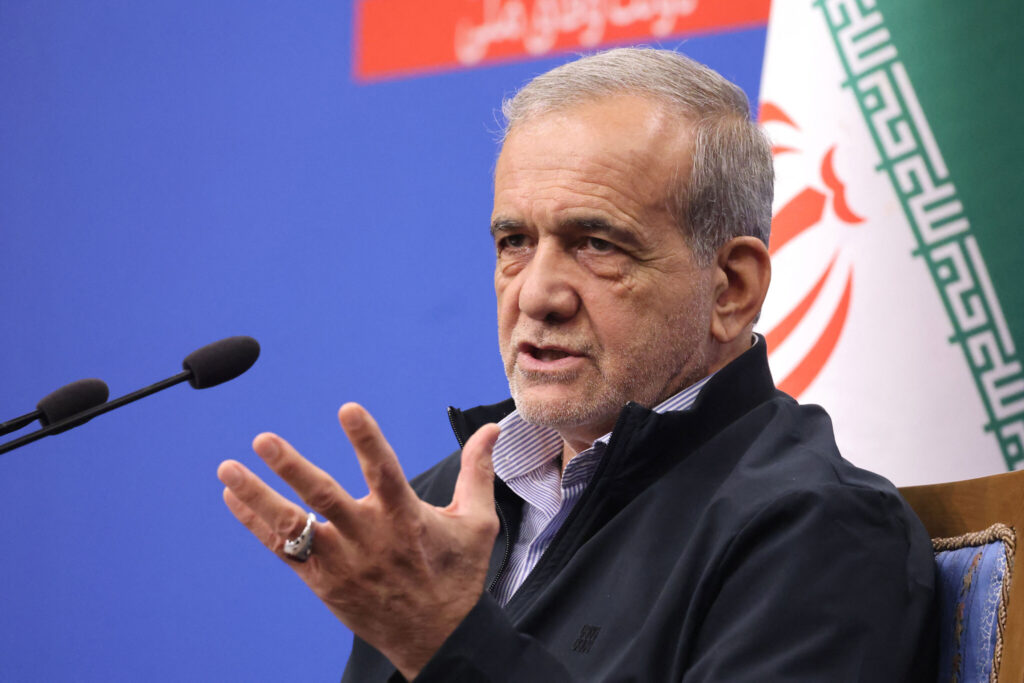
Regional Implications and Iran’s Response
Iran, Hezbollah’s main backer, condemned the assassination. Iranian President Masoud Pezeshkian remarked, “Nasrallah’s martyrdom will only strengthen the resistance.” He accused the U.S. of complicity, pointing to its military aid to Israel.
Experts suggest Iran will avoid direct military confrontation but continue supporting regional allies. Elijah Magnier, a military analyst, noted, “Iran will manage the conflict through its proxies while avoiding an all-out war.”
An Uncertain Path Forward
Nasrallah’s death marks a critical moment in the Hezbollah-Israel conflict. Although Israel views it as a victory, the long-term impact remains uncertain. Hezbollah will likely regroup, and the region may face heightened instability in the coming weeks.






















